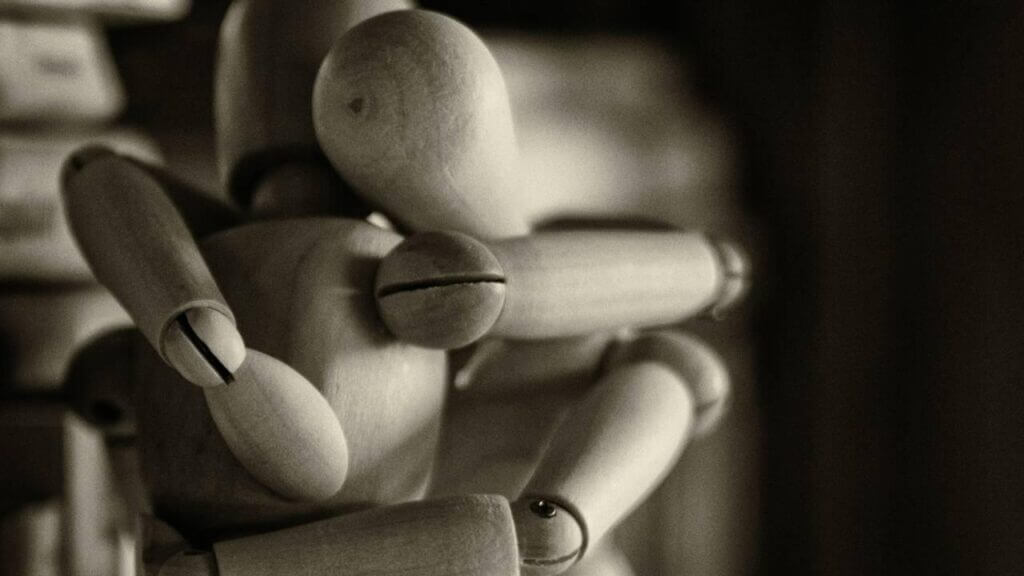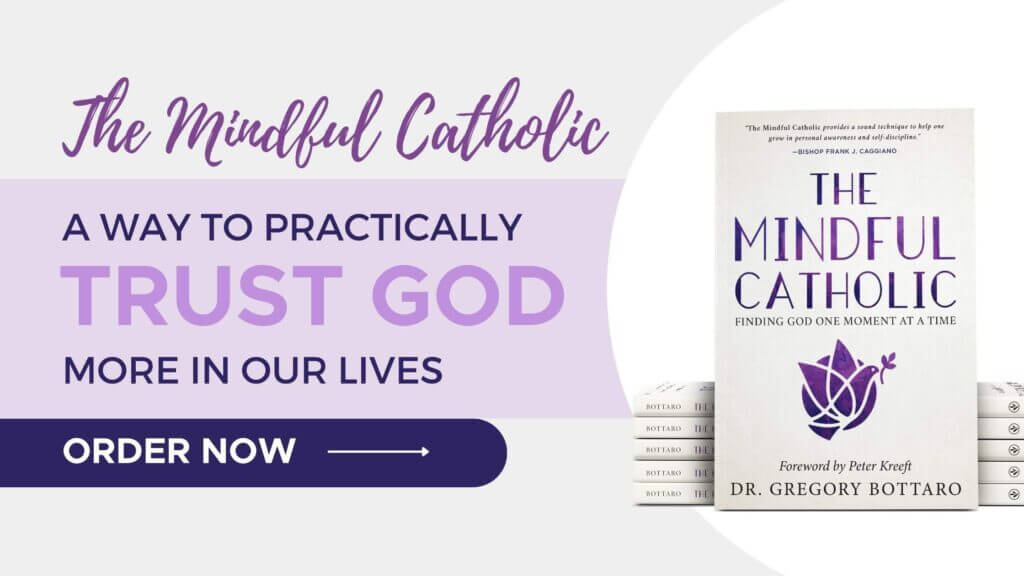
Guest author Sean Faulkner, a CatholicPsych Institute psychotherapist, shares how empathy can be a powerful tool in healing and dealing with conflict.
Empathy heals wounds and connects hearts
There is little more hurtful than to not feel seen, known, or understood. Humans were made for connection, relationship, community, and love, so much so that when we are misunderstood, ignored, dismissed or dominated, the pain of those wounds go really deep.
For one’s voice to be stifled or muted is an offense against one’s dignity, and thus a grave injustice. In contrast, the experience of being heard, seen, known, understood, and accepted is part of the great joy of being loved.
Empathy is the ability to feel with another, and is paramount to true charity.
In marital therapy I seek to help couples give the gift of understanding to each other. When a husband is able to give his wife the great experience of skillful empathy, her face lights up as if she’s been given a million dollars.
The power of being seen, known, and cared for makes a significant impact on restoring troubled relationships. It earns trust and fosters peace.
When hard feelings of pain and sorrow consume us, it is not often advice of what we should do differently that does much to help, but rather to know that we are not alone in the suffering because another has chosen to enter into it with us.
Compassion is to suffer with another, and it can only be achieved on the foundation of genuine empathy.
Using compassion to transform conflict

In my experience as a therapist and as a husband, I have seen hostile demeanors – even in my own family – melt into peace because of empathy. The adage “people don’t care how much you know until they know how much you care” is remarkably true!
Recently my wife had a frustrating day trying to teach and care for our moody children while futilely attempting to get our toddler to follow basic instructions. Exasperation followed. Upon coming home to her expression of utter frustration, I felt as if I was being attacked. I was initially tempted to defend myself or fight back.
Grace pervaded however, and I was able to recognize her need to feel heard and understood. Instead, I chose to reflect back to her what she was feeling. “You’re really upset. It sounds like you’ve had an awfully rough day.” She sighed a big breath of relief and, feeling understood, her demeanor changed instantaneously. She then wanted to know how I was doing.
Healing societal wounds with empathy
I’ve been reflecting a lot lately on what our world needs right now to help heal the tremendous pain of racism. It struck me that the same techniques of skillful communication could go a long way in helping, and that empathy must be key.
It feels as if so many right now in our nation are crying out in desperation to be heard and understood. Imagine for a moment if police officers and citizens of every race sought understanding of the other by intentionally choosing to enter into one another’s felt experience through empathy.
Imagine politicians and religious leaders seeking to take on the burdens and sufferings of their local communities. Imagine yourself and your family entering into the experiences of those near you. Imagine what it was like for God to enter into the frailty of our broken humanity.
Through Christ’s empathy and incarnational compassion, He took on every suffering in order to redeem us all, to ensure we are never alone in our suffering. What a tremendous amount of healing and peace this brings to us.
The challenge of today is how to imitate Christ in this: to seek to enter more fully into another’s experience and suffering in order to be a conduit of God’s healing and peace.
By Sean Faulkner, CatholicPsych Institute psychotherapist

Want to read more posts on healing, check these fan favorites:

